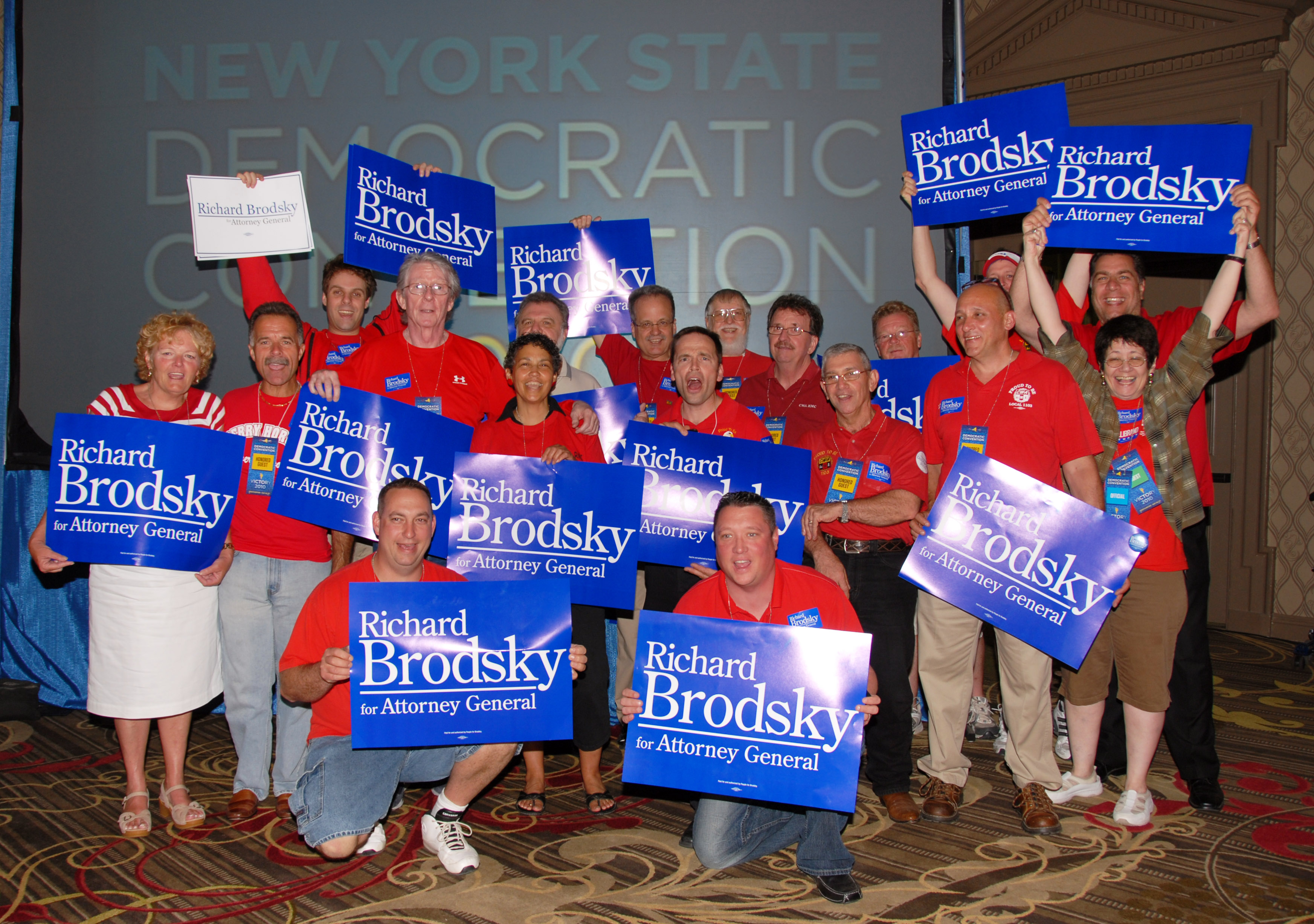Legislation to close the Reverse Morris Trust tax loophole is before the Senate this week, and CWA members are working hard to get their senators on board.
The House of Representatives closed the Reverse Morris Trust tax loophole last week as part of H.R. 4213, the American Jobs and Closing Tax Loopholes Act.
CWA’s Legislative Political Action Team has been coordinating contacts to key senators, looking for support for H.R. 4213, including phone calls and letters. District vice presidents and local union presidents are writing to their senators, pointing out that the Reverse Morris Trust “is a Wall Street scheme that allows big businesses to avoid paying taxes on the sale of company assets” and that closing the loophole would have meant hundreds of millions of dollars in tax revenue.
Because of the Senate rule requiring 60 votes for legislation to be considered, CWAers are urging their senators to reject a filibuster and get the bill to the senate floor for debate.
District 2 activists played a huge role in winning support from Sen. Jay Rockefeller (D-W.Va.), a key member of the Senate Finance Committee.
To send a message to your senator, click here.
The RMT tax loophole has enabled companies like Verizon to save millions of dollars in taxes from the sale of assets. H.R. 4213 also includes tax cuts and an extension of unemployment benefits.



